Labrador Inuit Capital Strategy Trust
The Labrador Inuit Capital Strategy Trust (LICST) was created by the Nunatsiavut Government in 2006 to:
Provide financial, management, economic, and other assistance for the pursuit of economic and socio-economic strategies that establish, promote, assist, or otherwise foster employment, business and other relationships and undertakings which enable or are intended to enable Eligible Beneficiaries to gain or acquire additional experience, knowledge, skills, assets and property of any kind having economic value.
LICST provides independent oversight over the Nunatsiavut Government’s business interests held by the holding company Nunatsiavut Group of Companies. The LICST is able to carry out its broader mandate with funding from the earnings of Nunatsiavut Group of Companies.
There are five Trustees, each of who are Nunatsiavut beneficiaries and appointed by the Nunatsiavut Government.
The Trustees are:

Garry Best
Garry Best is the Chair of the Labrador Inuit Capital Strategy Trust. He is a beneficiary who grew up in Happy Valley-Goose Bay. Garry is a graduate of Memorial University’s Engineering program, served for 23 years as an officer in the Royal Canadian Navy, and is currently Regional Executive Officer, Ontario, First Nations and Inuit Health Branch, Indigenous Services Canada.
Garry has had leadership roles in our nation’s military, and since 2006, various roles in the federal government. His successful involvement in several First Nations programs, including the rebuilding and relocation of Manitoba First Nations impacted by the 2011 flood and First Nations Infrastructure and Housing Programs testify to his strong leadership and management skills.
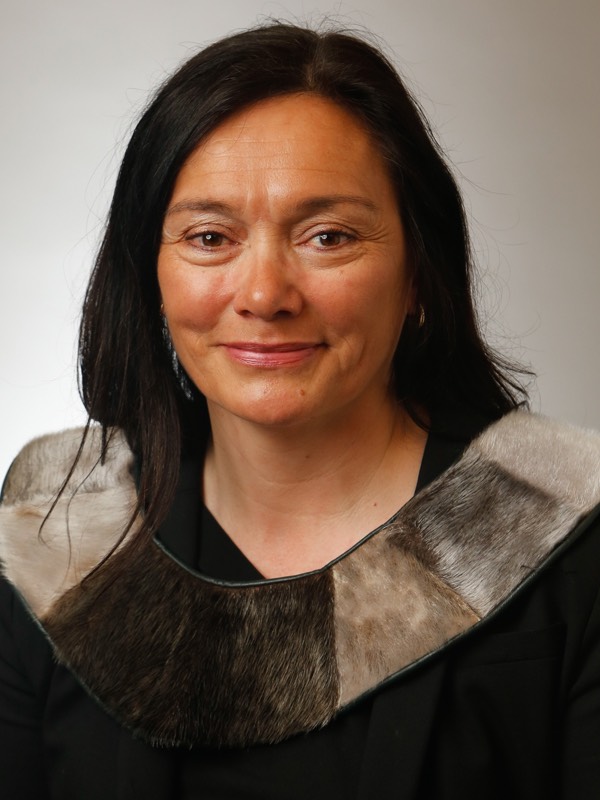
Isabella Pain
Isabella was born and raised in Nain, Nunatsiavut. She graduated from Memorial University with a Bachelor of Arts degree (Political Science), and a minor in Business.
In 2000, she was appointed as the co-chief negotiator of the Nunatsiavut land claims negotiation team. A year later, she became the chief negotiator of the Impact and Benefits Agreement (IBA) with Voisey’s Bay Nickel Company (VBNC). Isabella became Aboriginal Affairs Superintendent for VBNC in 2004, and was part of the team responsible for ensuring that the Inuit and Innu IBAs were properly implemented.
Isabella went to work for the Nunatsiavut Government in 2009. Her current roles are Deputy Minister of the Nunatsiavut Secretariat, Secretary of Executive Council, and senior negotiator.
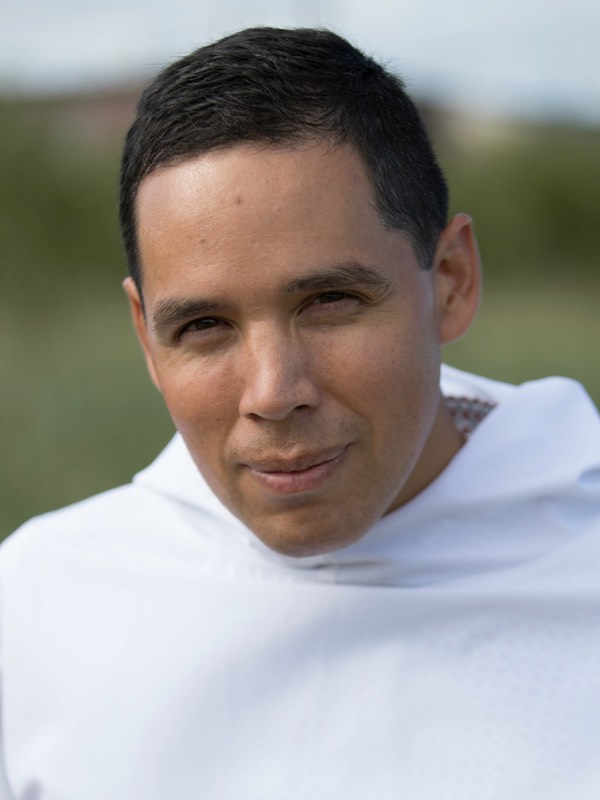
Natan Obed
Natan Obed is the President of Inuit Tapiriit Kanatami. He was first elected in 2015 and was acclaimed to his third consecutive term in 2021. Natan grew up in Nain, the northernmost community of Nunatsiavut (Northern Labrador). He graduated from Tufts University in 2001.
President Obed is the national spokesperson for Inuit in Canada and also serves as Vice-President of Inuit Circumpolar Council-Canada. As ITK President, he implements the direction set out by Inuit Leadership from the four regions of Inuit Nunangat — the Inuvialuit Settlement Region of the Northwest Territories, Nunavut, Nunavik and Nunatsiavut.
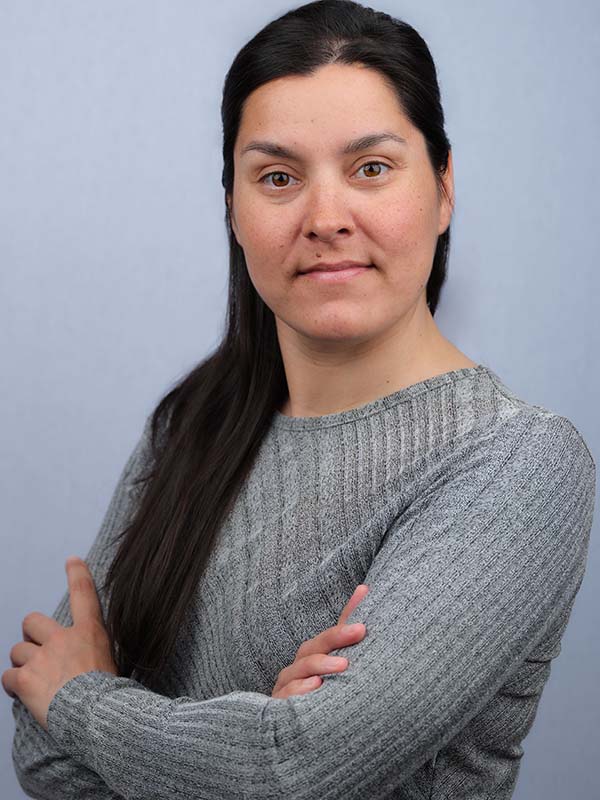
Kristy Sheppard
Kristy resides in Rigolet. She has a Bachelor of Arts in Sociology from Acadia University, and a Master of Arts in Tourism Management from Royal Roads University.
Kristy is a senior manager with the Nunatsiavut Government. Her career spans ten years and has been focused on community development. As Nunatsiavut’s first Director of Tourism, she helped establish the region as a tourism destination. Kristy has recently transitioned into the role of Director of Economic Development. At the Governor General’s Canadian Leadership Conference in June 2017, she was recognized as one of 250 up-and-coming leaders in Canada.
Kristy is an active member with industry organizations, including SmartICE and the Atlantic Aboriginal Economic Development Integrated Research Program.
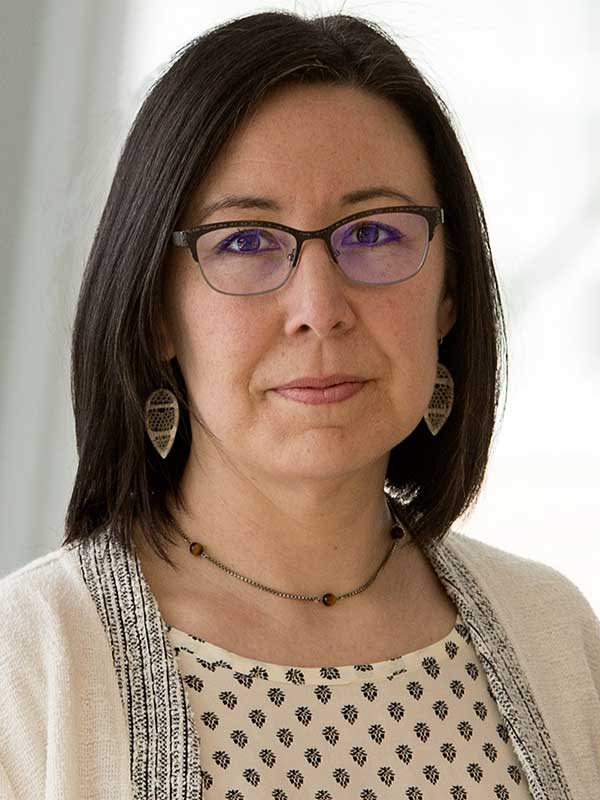
Catharyn Andersen
Catharyn Andersen is a Nunatsiavut Beneficiary born and raised in Makkovik, Nunatsiavut. She graduated from Memorial University with a Master of Business Administration (2010), a Master of Arts (Linguistics) (2010) and a Bachelor of Arts (Linguistics) (1999).
In 2021, Catharyn was appointed Memorial University’s first-ever Vice-President (Indigenous) after serving 6 years as Special Advisor to the President on Indigenous Affairs.
Prior to working at Memorial University, Catharyn worked with the Nunatsiavut Government in the roles of director and Inuktitut language program co-ordinator with the Torngâsok Cultural Centre in Nain. She has also worked with the Department of Fisheries and Oceans in the Small Craft Harbours branch.
Catharyn also sits on the Inuit Co-Management Board for the Akami-Uapishku-KakKasuak-Mealy Mountain National Park Reserve.

Follow us
Read our latest newsletter
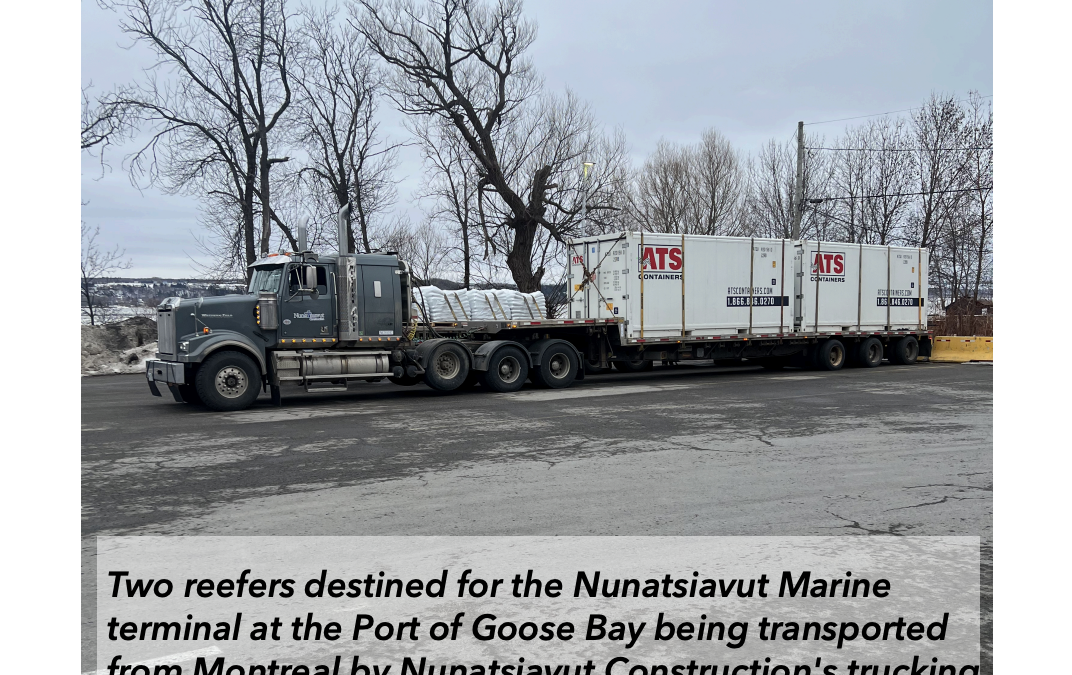
READ THE LATEST NGC NEWSLETTER – VOL. 9, #1
The newsletter is available here. A limited number of copies will be available in print. NGC plans to produce a newsletter quarterly, in December, March, June, and September. To provide feedback, email us at info@ngc-ng.ca.
